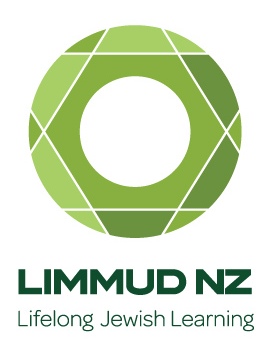
The other day, a mother shared with me how her daughter was shocked to think that her parents sided with Israel amidst “the genocidal massacre of Palestinian children.” They have since agreed that this topic is off-limits. This mother talked about how much anxiety it caused her, know that there was this rift be-tween them. How can we talk to our family, friends and loved ones? Here’s a guide to ensure that your conversations will be constructive.
- Find out how much they know first. Listen. We’ve noticed that most pro-Palestinian advocates, actually don’t know the facts behind the conflict. For example, when they chant “From the river to the sea, Palestine will be free!”, often they say the river is the Nile, or the Euphrates. The Sea is the Red Sea or even the Indian Ocean. From experience about two-thirds of people we encounter don’t know and they’ve just jumped on the bandwagon based on propaganda. Listen more talk less.
- Don’t get frustrated, angry, or upset.
If you catch yourself getting grumpy, then you’re starting to try to win them to your way of seeing things. Don’t. They will probably feel threatened or pressured and the discussion will end with neither of you any wiser. - Formulate your answer from what you find out.
In the above example, if you have the opportunity, show them a simple map and point out the sea and the river, and ask what’s in between. Then you can ask if they intended that Israel should be done away with. 2/3rds say no. Let me rethink this. - Look for common ground.
When I was confronted by an angry young man, he was quite disarmed when I compli-mented him for his passion for justice. The conversation stopped being combative immediately. - Don’t lecture.
Keep your answers short. In this day and age, where everything comes in short articles, attention spans can be really short. Think about how to phrase what you want to say effectively and efficiently. - Invite them to read widely and do their own investigations.
None of this happened under a rock. Finding articles, and books should be easy. But reading widely means reading material that look at both sides of the controversy. Otherwise they are just in an echo chamber. - Don’t try to convince them of your view. Don’t debate. Don’t try to win.
Let the facts speak for themselves. There are plenty of them. Don’t raise your voice. Don’t make their conclusions for them. Let them make up their own minds. - Be prepared: Read widely yourself
So much of the pro-Palestinian movement relies on re-writing history and jumping to conclusions without the facts. Do the opposite. Read wisely. Reflect. - Don’t wait until you know everything.
You don’t have to know everything. Each conversation is an opportunity to learn from the other person. Listen to how they support their argument. If you don’t know about it, you can go and research it and circle back. - Every time you have a conversation with someone, it is an opportunity to learn and refine your messaging.
That’s right. Don’t wait until you know everything and/or your messaging is perfect. Learning by doing is an essential way to improve.
—
NZFOI. This article was first published in the March 2024 issue of our newsletter.











